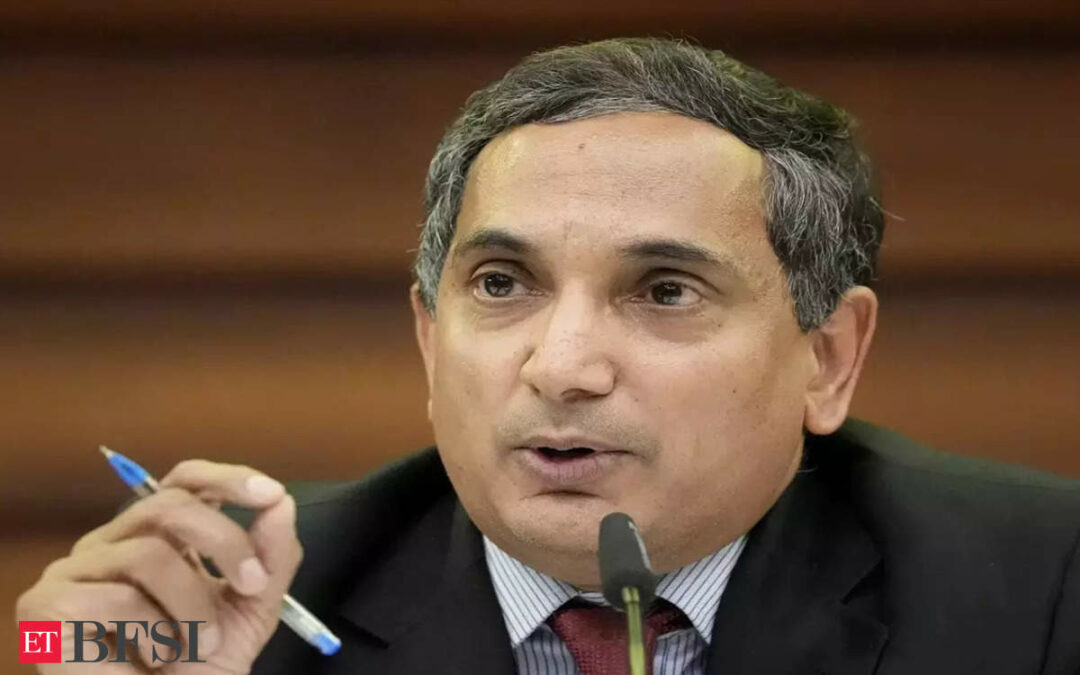Last week, RBI governor Shaktikanta Das took on IMF over its stand on currency market intervention. In an interview, IMF director for Asia-Pacific Krishna Srinivasan explains the multilateral agency’s stand on the issue, while suggesting that countries like India should refrain from policies such as curbs on laptop imports. Excerpts:
How does the slowdown in China impact Asia-Pacific and its impact on India?
In Asia, intra-regional trade is 50-60%, it’s pretty large and China is a key driver of that. Countries in Asia are intertwined with what happens in China. Countries which have strong linkages with China have grown much faster. Any slowdown in China has a bearing in the region. For a one percentage point decline in China’s growth, there is a 0.3% moderation in the growth of countries in the region. This is the average… some countries such as Korea, which is intricately linked with China, will grow at a slower pace. India’s links with China are not that strong, so the direct bearing will be less. However, if China slows, the world slows — through demand, commodity prices — which will have an indirect effect.
Are we seeing decoupling from China due to friend-shoring or China plus one type of strategies?
Global value chains (GVCs), that take a long time to form, and China has been the nucleus of the first generation of GVCs. Any shift away will take time. Data shows there are some signs of trade flows and FDI flows, you do see early signs of that.
India is seeking to reposition itself as a manufacturing destination. Has it done enough?
There are some signs of companies coming to India, such as Foxconn, but if you look at aggregate data then you don’t see that big a jump. India can still be a manufacturing hub — labour is cheap and English speaking, infrastructure has improved, digitalisation has been a big plus. On top of that, you need other reforms such as land and trade reforms. For instance, restrictions on laptop reforms go the other way. It’s not the right way to go because you have promoted digitalisation.
The RBI governor spoke about tagging countries as currency manipulators. He also mentioned IMF when he explained why RBI steps in. How do you see these interventions?
We are guided by our policy frameworks. What we would say is that intervention in the case of disorderly market conditions can play a role. Or, if there are exchange rate movements that underline inflation expectations — there is a risk of runaway inflation because of the risk of depreciation — one could make a case for intervention. If there are no maturity mismatches on your balance sheet, or the markets are very illiquid, then there are reasons you could intervene. Otherwise, the traditional policy advice would be that let the exchange rate be the absorber of shocks.What about India’s policy?I would not like to comment.










